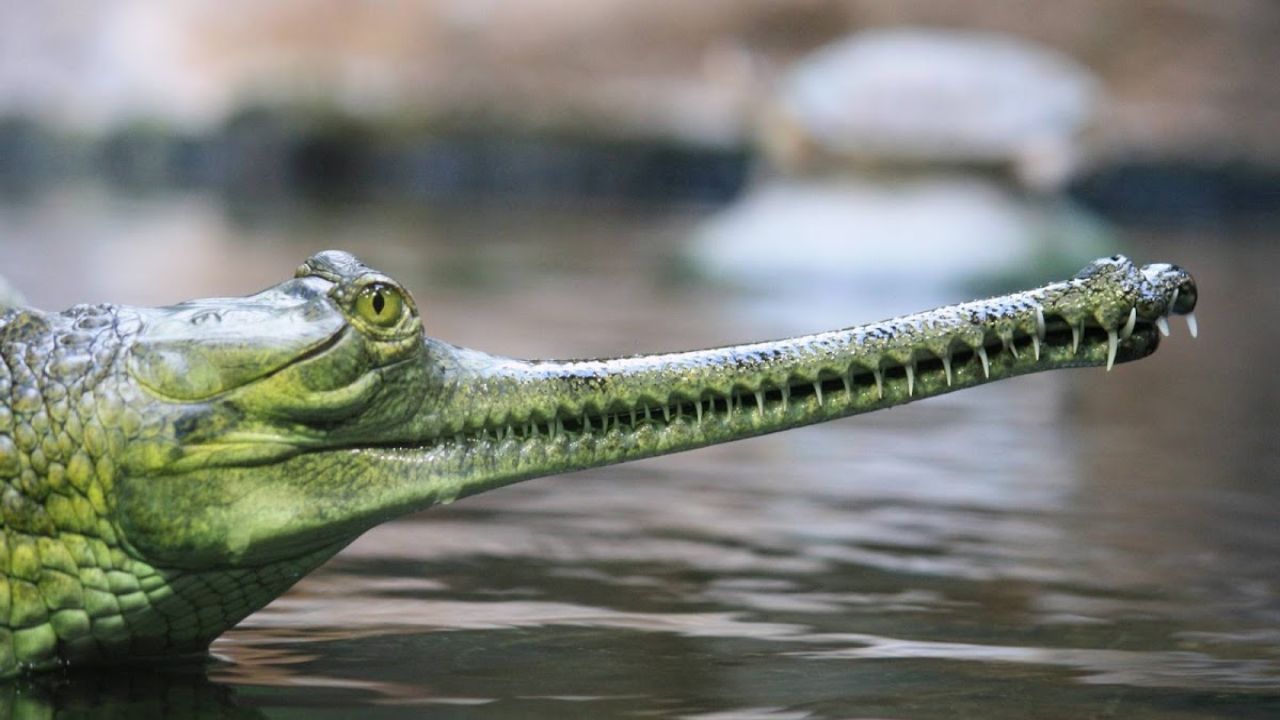The gharials of Chambal will now be found in the Kuno River inside the Kuno National Park in Madhya Pradesh. 25 gharials were released in the Kuno river. These gharials were being taken care of at Deori Gharial Breeding Centre in Morena district for the past three years.
Deputy Conservator of Forests (Wild Animals) Rajnish Kumar Singh said that so far 50 gharials have been brought from the breeding center and released into the river. Now the number of these gharials has gone up to 50 in the Kuno National Park. Out of which 10 are males and 40 are female gharials. The gharials left in the river are between 120 and 150 centimeters in length.
Wildlife scientists studying gharials in the Chambal River for some years found that one of the radio-tagged gharials in the Chambal River had given eggs in the Kuno National Park. Thereafter, it was decided to secure the gharial breeding site and release a large number of gharials from Deori to the Kuno River with a view to conserve the reptile. And after that, almost 50 gharials have been released so far. Out of which five gharials have been radio-tagged for the purpose of the study.
The gharial is a fish-eating reptile native to the freshwater rivers of the Indian subcontinent and resembles a crocodile except for its elongated snout. The gharial is currently critically endangered as a result of habitat loss, depletion of fish reserves, and entanglement in fishing nets.

















